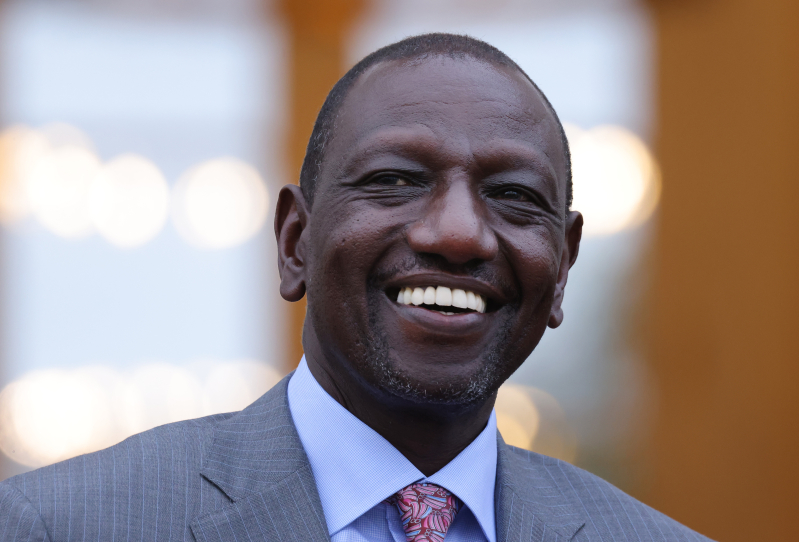
A task force set up by Kenya’s president William Ruto has recommended a hybrid regulation framework that would hand the government greater oversight to curtail the spread of cults and financial predatory practices prevalent in some churches in Kenya. A proposed Religious Affairs Commission will provide oversight over religious organisations and work in tandem with umbrella religious associations to strengthen self-regulation.
While presenting the report to the president on July 30, 2024, the tasforce found that there was a lack of distinct legal framework tailored to the unique needs of religious organizations, unclear laws on crimes that could be considered religious and a general lack of oversight on TV and radio programmes that propagate exploitative ideologies.
The presidential task force was set up in May 2023 following the shocking discovery of mass graves containing 400 bodies suspected to be faithfuls of Good News International Church in a forest in Kenya’s South coast.
The founder of the religious cult, Paul Mackenzie, and the leadership, manipulated hundreds of people to starve to death as means to escape an apocalypse and to quicken ‘meeting Jesus’. A majority of the bodies exhumed were of women and children who MacKenzie insisted were to precede the men in their passage to the afterlife. Autopsy results showed that many of the victims died of starvation while others were strangled or suffocated.
The task force, chaired by Rev. Mutava Musyimi, recommended the drafting and enactment of laws specific for religious organisations to “provide clarity on appropriate legal personality, registration requirements, and clarity on crimes/offences committed under the guise/pretext of religion.”
A drawn-out investigation process saw Mackenzie and 94 others finally charged with terrorism, murder and torture, 7 months after their arrest, an indication that state prosecutors struggled to place the crimes that came to light in April 2023.
In a media interview soon after presenting the report to the president, Rev. Musyimi said the proposed Religious Commission would include members of religious associations such as the National Council of Churches of Kenya (NCCK) and the Evangelical Association of Kenya (EAK) to help tighten the oversight role of the bodies while also having the machinery and intelligence of the government to protect citizens from rogue pastors and churches.
“We are proposing a 9-member commission, five of whom will come from the religious sector but also have government representatives such as enforcement and intelligence officers. When you bring the two together, you are now in a space where you make it possible to make the people feel safer because the religious organisations have been vetted by a body that has capacity and competence,” explained Rev. Musyimi.
The taskforce also recommended an amendment of the Kenya Information and Communication Act (KICA) to strengthen regulation of religious content of media content and development of basic education curriculum to address religious extremism.
“The recommendations are geared towards the safeguarding of the exercise of the fundamental freedoms of religion and association while balancing the enjoyment of these freedoms with the preservation of public interest and safety welfare as protected by the Constitution,” read part of the report.
Dr. David Tarus, executive director of the Association for Christian Theological Education in Africa (ACTEA), an association that offers academic accreditation of theological program, wrote in an opinion piece posted on Christian Daily International that the Shakahola incident ignited debate about constitutional freedom of worship and regulation of churches. He pointed to some individuals and groups that have radical beliefs, and have unrestricted and unregulated access to radio and TV programmes to propagate their ideology.
“The rise of freelance preachers, without any hierarchy or order, who deliver passionate sermons and perform miracles for profit, has contributed to the chaos in the faith sector. The horrors of Shakahola are a result of rogue pastors who exploit desperate believers searching for meaning in their difficult lives. There is a pressing need for a thorough re-evaluation of faith within the context of radicalization, extremism, and prosperity theology,” said Tarus.





